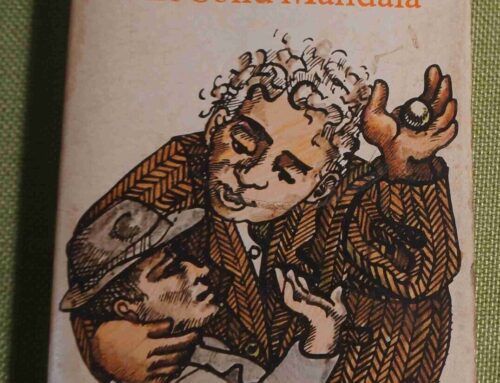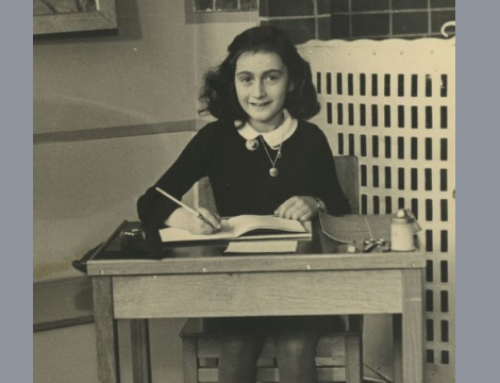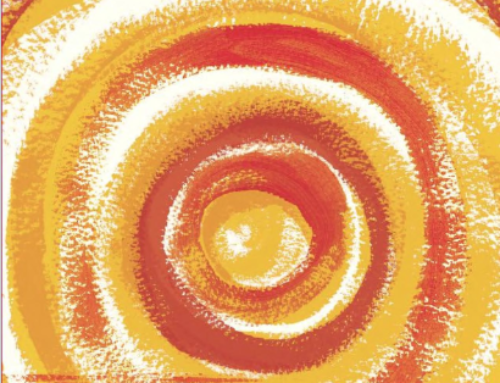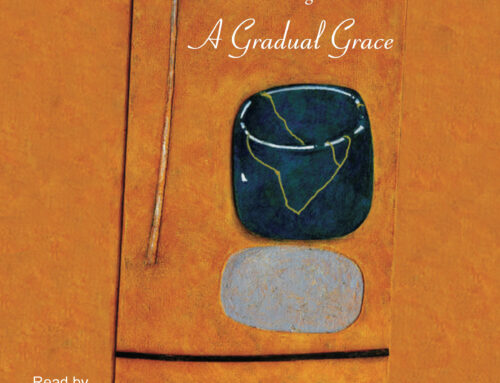The Father of the Lost Boys: A Memoir, by Yuot A Alaak, tells the story of how, in 1991, teacher and community leader Mecak Ajang Alaak led 20,000 lost boys and many adult refugees from Ethiopia, where they had fled from attacks in Sudan by northern government troops, to a refugee camp in Kenya. The creation of the country called Sudan, arranged by the British in the second half of the twentieth century, “led to a tragedy that produced thousands of heroes, and shattered the dreams of millions.” In May 1983,
the president of Sudan goes on national radio and … announces that he has torn up the peace agreement that has given the South its autonomy for the past eleven years, and which recognised its black African ethnic composition and religious diversity. The president’s voice streams across Southern airwaves: Sudan is one country. From today, all must speak Arabic and adhere to sharia law.
Yuot is five years old and his sister is almost one. He and his family walk 130 kilometres north to their home village, with two of his uncles taking turns carrying him and his mother carrying his sister on her back, with their food basket on her head. If this seems almost impossible to us, it is a small taste of things to come. They are separated from their father, who is on the run in the North, having gone there for supplies for Southern schools. He is arrested and kept as a political prisoner in the north. Then the family are told that he is dead.
Time passes, the war rages on, and hundreds of thousands of South Sudanese refugees are fleeing across international borders. In his father’s absence, Yuot’s mother decides they must evacuate. The children catch rides with their mother on old, broken-down trucks carrying soldiers and ammunition, but disaster strikes again when the two little children get separated from their mother. At last, the mother, who has followed on foot with other mothers and some soldiers, arrives. A day later, the next stage of their journey begins, but again, they are separated from their mother, as heavily pregnant women, breastfeeding mothers and young children have priority on the trucks. At last, they reach the banks of the river that borders Ethiopia and are carried by canoe into safety.
After several years in various forms of detention, Yuot’s father, Ajang, manages to escape into Ethiopia and joins the Sudan People’s Liberation Movement. His mission is to educate tens of thousands of his people who are refugees. He is trained in self-defence and guerilla tactics. His long-term goal is to get the North to recognise Southerners as equals so they can retain their indigenous African heritage, culture and beliefs. He is still separated from his family.
Pinyudu in Western Ethiopia is one of the biggest refugee camps in Africa. Thousands of unaccompanied village children in Southern Sudan, mainly boys, are sent to Pinyudu. Yuot, by now, is nine. All are malnourished and many die. Pinyudu is more like a concentration camp than a refugee camp. The Lost Boys are organised into twelve groups, each of more than a thousand boys, each group overseen by a few untrained adults and older boys who can read and write to some degree. The boys build their own dormitories and classrooms from wood they cut, thatched with grass, the walls plastered with mud. Their one meal a day is thick maize porridge. Before the classrooms are completed, lessons are held under the trees, where they write on the sand. They mould letters from the English alphabet out of clay.
Guerilla forces led by their commander take over control of the refugee camp and form separate miitary camps a few kilometres away. Older boys start to train as soldiers, and 10-year-old Yuot, against his mother’s wishes, joins them. The trainers in the camp are ruthless and the boys suffer harsh discipline, vicious physical punishment, meagre rations and hard physical training.
In this time of immense suffering, the best part of each day is when we are released for an hour to go to the river and bathe. When the whistle goes, we sprint the whole three kilometres to the river, only slowing down in the last fifty metres as we strip off our clothes. These we thrown down randomly at the riverbank before plunging into the fast-flowing water. Crocodiles and hippos are no deterrent. We swim back and forth across the river, playing water games. Mango trees lining the riverbank offer excellent diving platforms. At the river, we can be kids again.
Usually, I don’t summarise plots in reviews. But I find this story so compelling in its detail, so vividly told, that I keep getting caught up in the ordeal of these young boys’ lives. The biggest part of the story is to come, the forced exodus from Pinyudu. There is a local rebellion against the communist dictator who rules Ethiopia and who has so far given the Sudanes refugees protection in Pinyudu. The Ethiopian revels are sponsored by the Islamic government of Sudan.
I will revisit this story in a second review, dealing with the exodus to South Sudan, and from there, the long walk to Kenya, fleeing before militiamen, government troops and mujahideen.
I promise you will want to read this book, if you don’t already. Everyone should read it. It is a powerful, remarkable story of courage and endurance under the horrors of concerted genocide.




